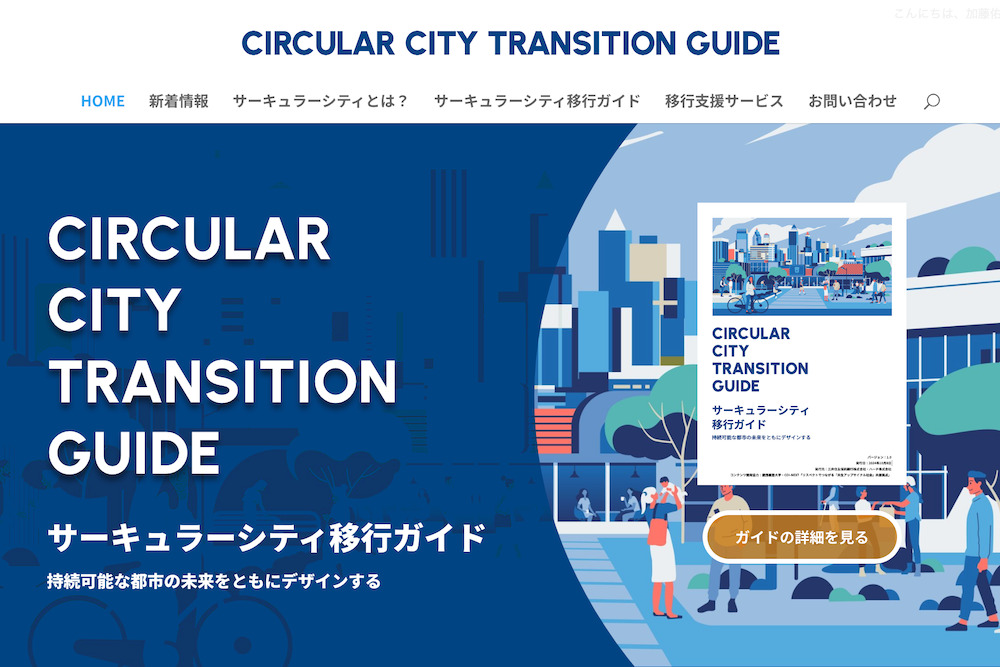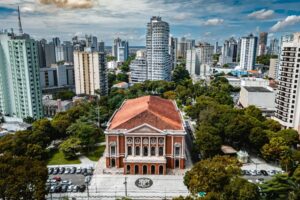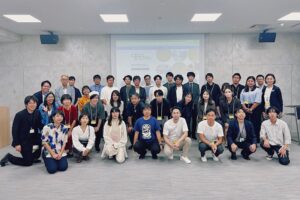
Harch publishes “Circular City Transition Guide” to support local governments’ circular economy policies
- On Oct 31, 2024
- circular city, Circular Economy, Circular Yokohama, COI-NEXT, Environmental Policy, Local Government, regional revitalization, Resource Management, Sumitomo Mitsui Trust Bank, Transition Guide
Harch Inc., in collaboration with Sumitomo Mitsui Trust Bank, Limited (President: Kazuya Oyama, hereinafter referred to as “Sumitomo Mitsui Trust Bank”), has published the “Circular City Transition Guide,” which explains the process for regions to transition to circular cities.
Background
As environmental and resource-related constraints and risks, such as climate change and resource depletion, become increasingly severe, the importance of the circular economy as a means to discover growth opportunities is rapidly gaining attention. In a cabinet meeting held in July 2024, Prime Minister Kishida stated that “the circular economy is a policy issue that must be addressed as a national strategy.” Furthermore, the transition to a circular economy is not only crucial for industries but also for local communities. The Ministry of Economy, Trade and Industry (METI), in its resource autonomy economic strategy for growth*1, emphasized the importance of creating circular economic models that leverage regional characteristics. The Ministry of the Environment, in its Fifth Fundamental Plan for Establishing a Sound Material-Cycle Society*2, highlighted “the creation of diverse local circular systems and the realization of regional revitalization” as a priority area.
To promote the transition to circular cities by incorporating the concept of a circular economy into local government policies, collaboration across various departments within local governments, as well as co-creation among the public, private, academic, and civil sectors, is essential. However, due to the lack of precedents, there are significant challenges in advancing these efforts.
In response to this, Harch, which has collaborated with various businesses and local governments through initiatives such as the circular economy media platform “Circular Economy Hub” and the circular city promotion platform “Circular Yokohama” in Kanagawa Prefecture and Yokohama City, has utilized its knowledge and experience to publish this guide in collaboration with Sumitomo Mitsui Trust Bank.
*1: https://www.meti.go.jp/press/2022/03/20230331010/20230331010.html (in Japanese)
*2: https://www.env.go.jp/press/press_03525.html (in Japanese)
What is the “Circular City Transition Guide”?
This guide addresses the challenges faced by local governments and communities in transitioning to circular cities. It breaks down the transition process into 10 steps, providing explanations tailored to the unique characteristics of each region, accompanied by concrete examples. The guide features multiple case studies from Japan, offering practical insights for local government officials, leaders, and local businesses to refer to as they implement circular city initiatives.
The guide was produced with the cooperation of Keio University’s COI-NEXT “Co-Creation Hub for a Symbiotic Upcycling Society Connected by Respect.” This is the first edition of the guide, and we plan to continuously update its content based on feedback from local governments. Moving forward, Harch will continue to work with Sumitomo Mitsui Trust Bank to support local governments and regional businesses in realizing the transition to circular cities.

The guide can be downloaded from the following website:
- Official Website URL: https://city.cehub.jp/ (in Japanese)
- Guide Download URL: https://city.cehub.jp/guide/ (in Japanese)
About the Sumitomo Mitsui Trust Group
The Sumitomo Mitsui Trust Group defines its purpose as “creating new value through the power of trusts to enrich the future of our customers and society.” With a core management philosophy of balancing “the creation of social value and economic value,” the Group is actively engaged in addressing social and regional challenges. Harch will continue its efforts to contribute to solving these challenges, aiming to realize a “virtuous cycle of funds, assets, capital, and resources.”





![[Circular Yokohama] Event Report | YOKOHAMA CIRCULAR FASHION GATHERING: Envisioning the future of textile circulation across industries](https://harch.jp/wp-content/uploads/2025/10/YOKOHAMA-CIRCULAR-FASHION-GATHERING-300x200.jpg)

